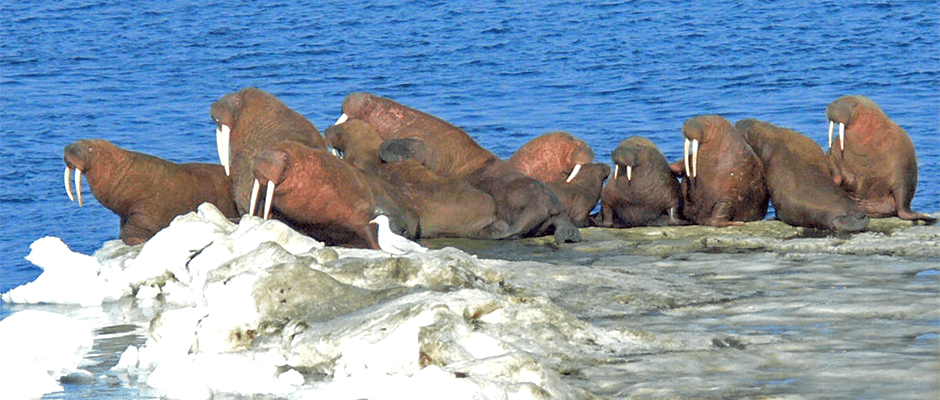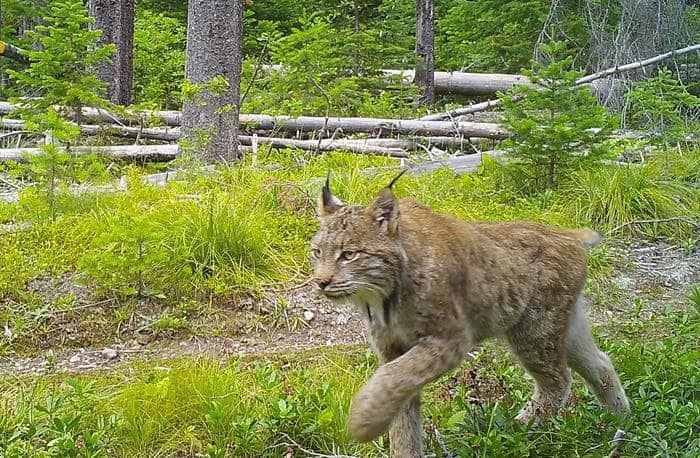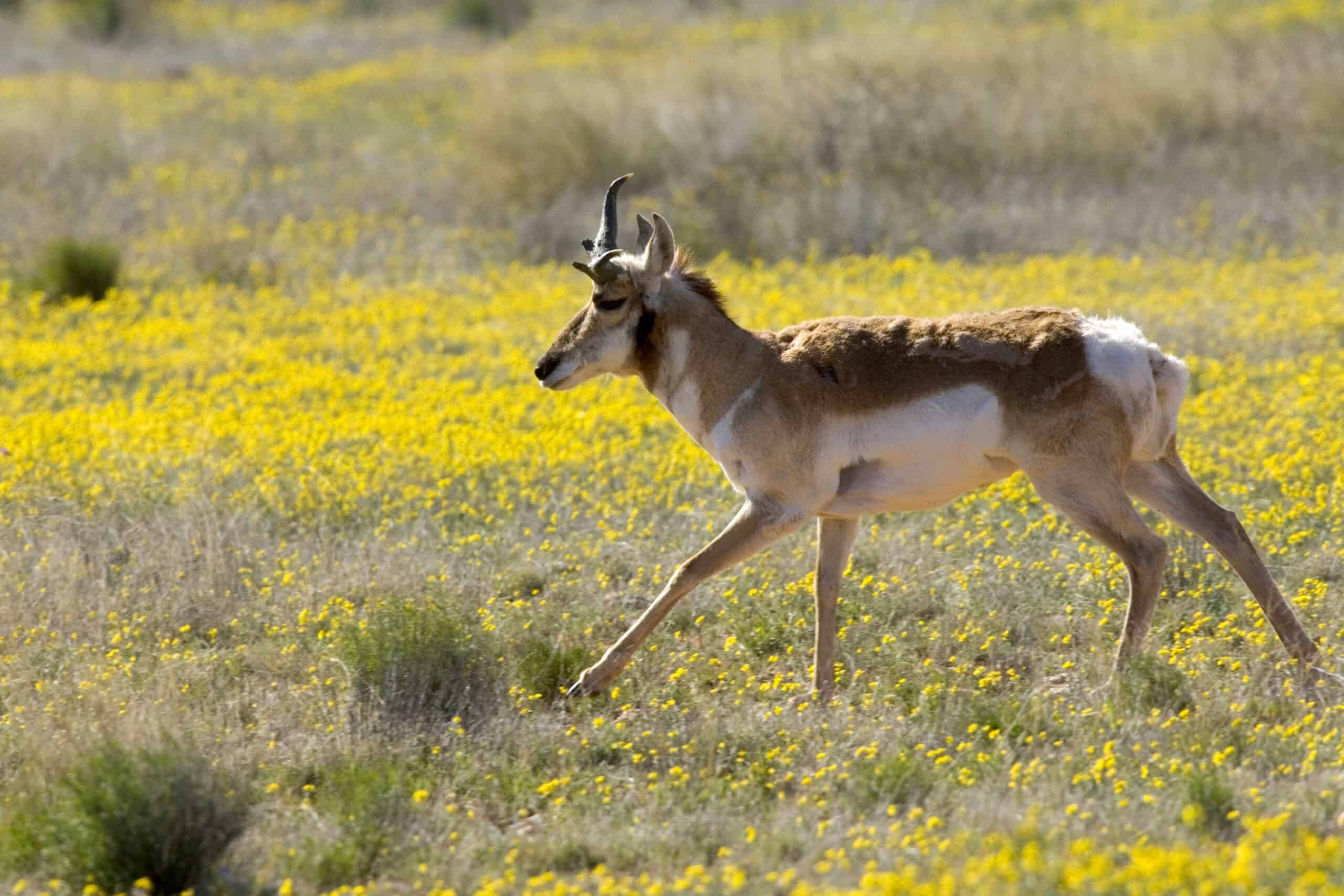Share this article
Climate report details impacts, risks and adaption
The most recent National Climate Assessment was released last week. This second volume, “Impacts, Risks and Adaptation in the United States,” follows the report on climate change science released last year.
Under the Global Change Research Act of 1990, a climate assessment must be prepared every four years by the U.S. Global Change Research Program, which facilities cooperation and collaboration among scientists from 13 federal entities. These two volumes make up the fourth assessment since 2000.
Over 300 scientists collaborated to develop this most recent report, which indicates that the United States has already warmed by 1.8 degrees Fahrenheit over the last century. It warns that this warming trend will lead to quantifiable effects on the economy, natural resources and ecosystem services such as the clean air and water Americans rely on
While the first volume focused on climate science, the second volume takes an in-depth look at the effects of climate change, both those that are already being seen and those that scientists expect in coming years. The report’s authors approached this from both a topical standpoint, with chapters on ecosystems, water, health and other topics, as well as a regional standpoint, examining impacts around the country. They also addressed response strategies of mitigation and adaptation.
The report highlights that climate change is already causing disruptions in ecosystems, such as coral reefs and sea ice, which will continue as warming increases. The spread of invasive species will continue to impact wildlife, agriculture and human health. Additionally, the report states that changes in climate will cause “substantial net damage to the U.S. economy” and impede economic growth. The report notes that efforts to address climate change over the last several years have not been at the scale needed to avoid significant impacts.
Scientists from the U.S. Geological Survey, the U.S. Fish and Wildlife Service and U.S. Forest Service were among the natural resource agencies involved in developing and writing the report. Virginia Burkett, chief scientist for USGS’s climate and land use change programs, served as a member of the group’s steering committee. Despite the extensive federal involvement in the report, both the president and Interior Secretary Ryan Zinke have indicated they do not intend to incorporate the report’s findings in their policy decisions.
After a lull in legislation dealing with climate change, recent weeks have seen more Congressional action on the issue as members introduce legislation framing the debate for the next Congress, beginning in January. Rep. Ted Deutch, D-Fla., introduced the “Energy Innovation and Carbon Dividend Act,” H.R. 71731, which would tax carbon at $15-per-metric-ton fee and provide rebates to citizens with the revenue. Meanwhile, Democrats on the Joint Economic Committee recently released a report regarding the economic impacts of failing to address climate change.
Read TWS’ Position Statement on global climate change and wildlife.
Header Image: Walrus (Odobenus rosmarus) gather on Arctic sea ice, one of the vulnerable ecosystems highlighted in the report. ©USFWS








